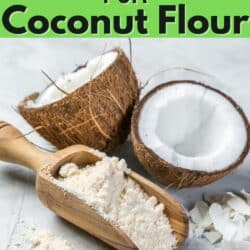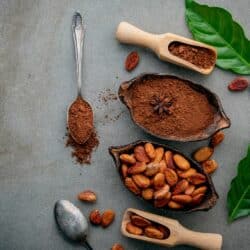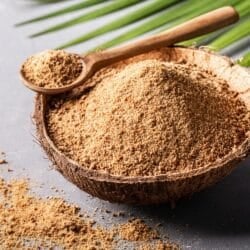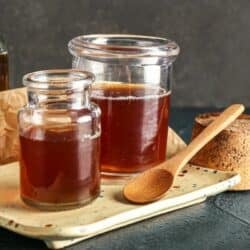7 Substitutes for Coconut Flour in Baking
Coconut flour is an alternative flour that is used in grain-free and paleo baking. But what happens if you don’t have it on hand or you are allergic to coconut? Find some great substitutes for coconut flour in baking including almond flour, cassava flour, tapioca flour, rice flour, ground flax seeds, and more.
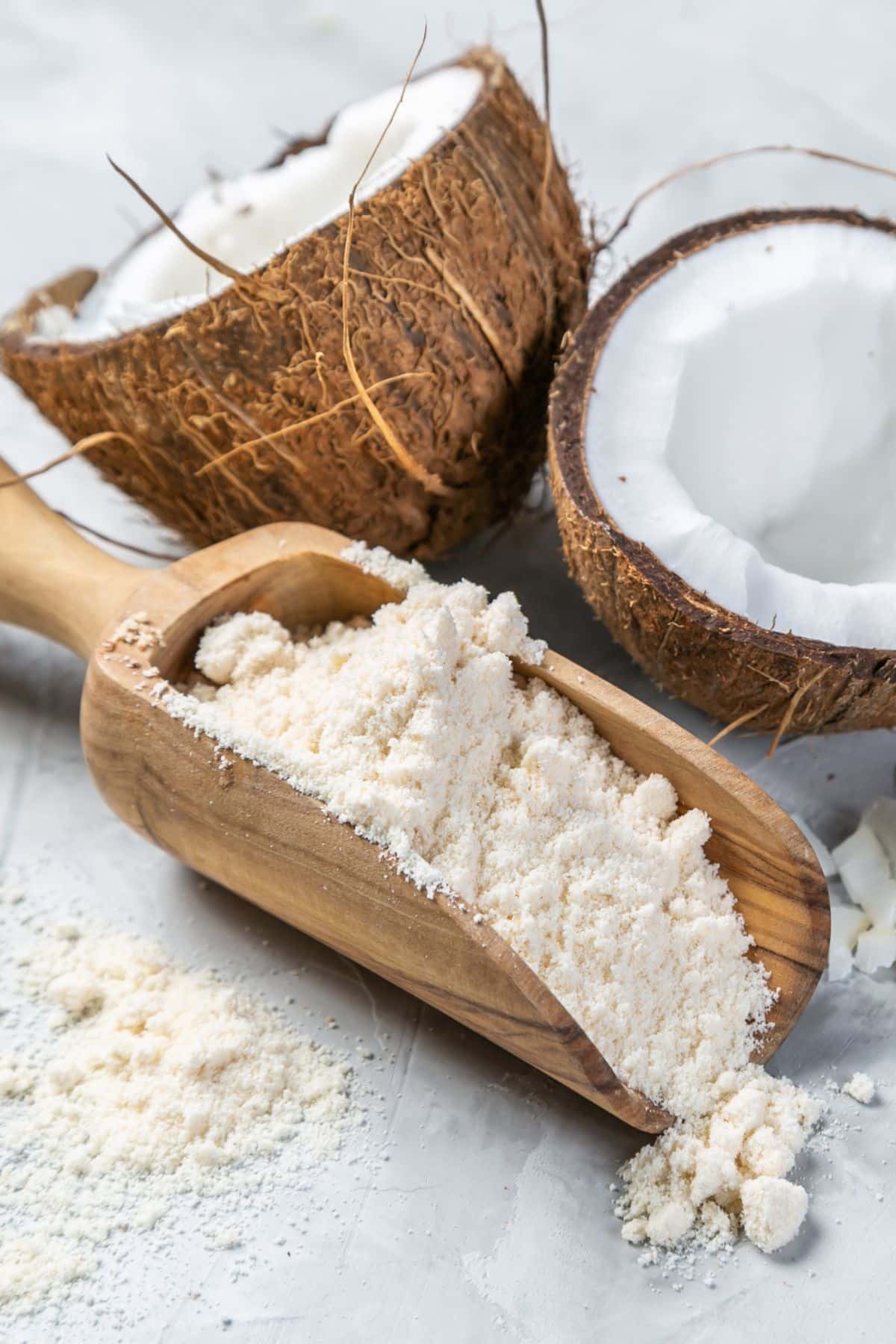
Coconut flour is a grain-free alternative to wheat flour that has a slightly sweet taste and a hint of coconut flavor. It’s perfect for baking cakes, cookies, muffins, and quick breads.
Coconut flour is also a good choice for people with gluten intolerance or celiac disease because it is naturally gluten-free.
Coconut flour is a type of flour made from ground coconut meat. It is usually sold as a fine powder. It is a gluten-free alternative to wheat flour and has a higher fiber content.
It’s a great alternative to whole wheat flour because it’s a lot lower in carbs. It’s also appropriate for a paleo diet or ancestral diet approach because it is grain-free.
Substitutes for Coconut Flour
The next time you are ready to bake but you’re out of coconut flour, consider these other great options.
1. Almond flour
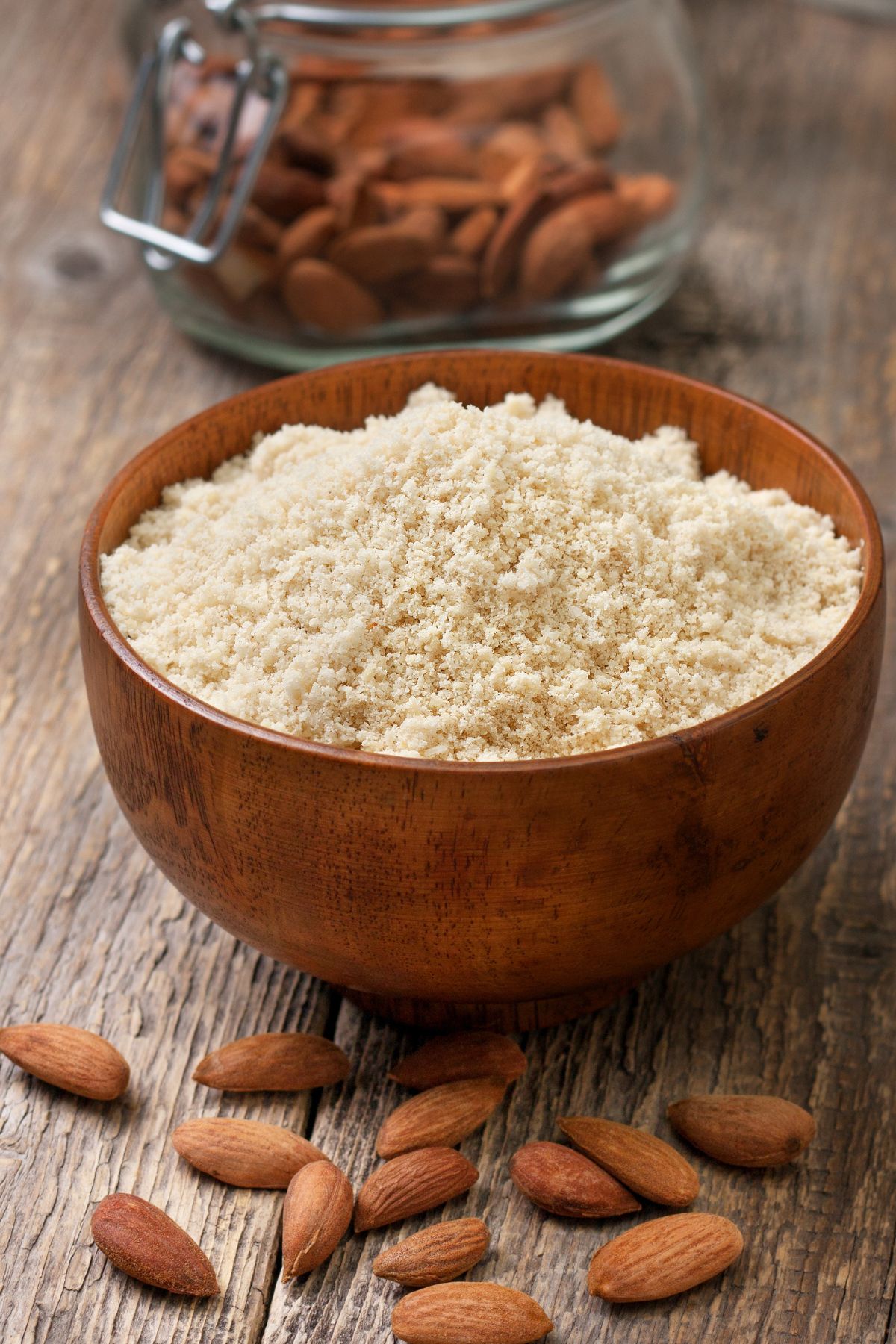
Almond flour is a type of flour made from ground almonds. It is a versatile ingredient that can be used in a variety of recipes, from cakes and cookies to breads and pancakes. Look for it at your local grocery store.
Almond flour is also a good source of protein and fiber, making it a nutritious choice for those with gluten sensitivities or allergies. While almond flour is more expensive than wheat flour, its nutritional value and versatility make it worth the price.
Almond flour and coconut flour have a similar price point, although almond flour may have a slightly more nutty flavor. You can also make your own almond flour by blending up skinned almonds in a food processor. You can also make your own almond meal which can also be a great substitute in coconut flour recipes.
To substitute one cup of coconut flour, use two cups of almond flour. You may need to adjust the liquid ingredients as well.
2. Cassava flour
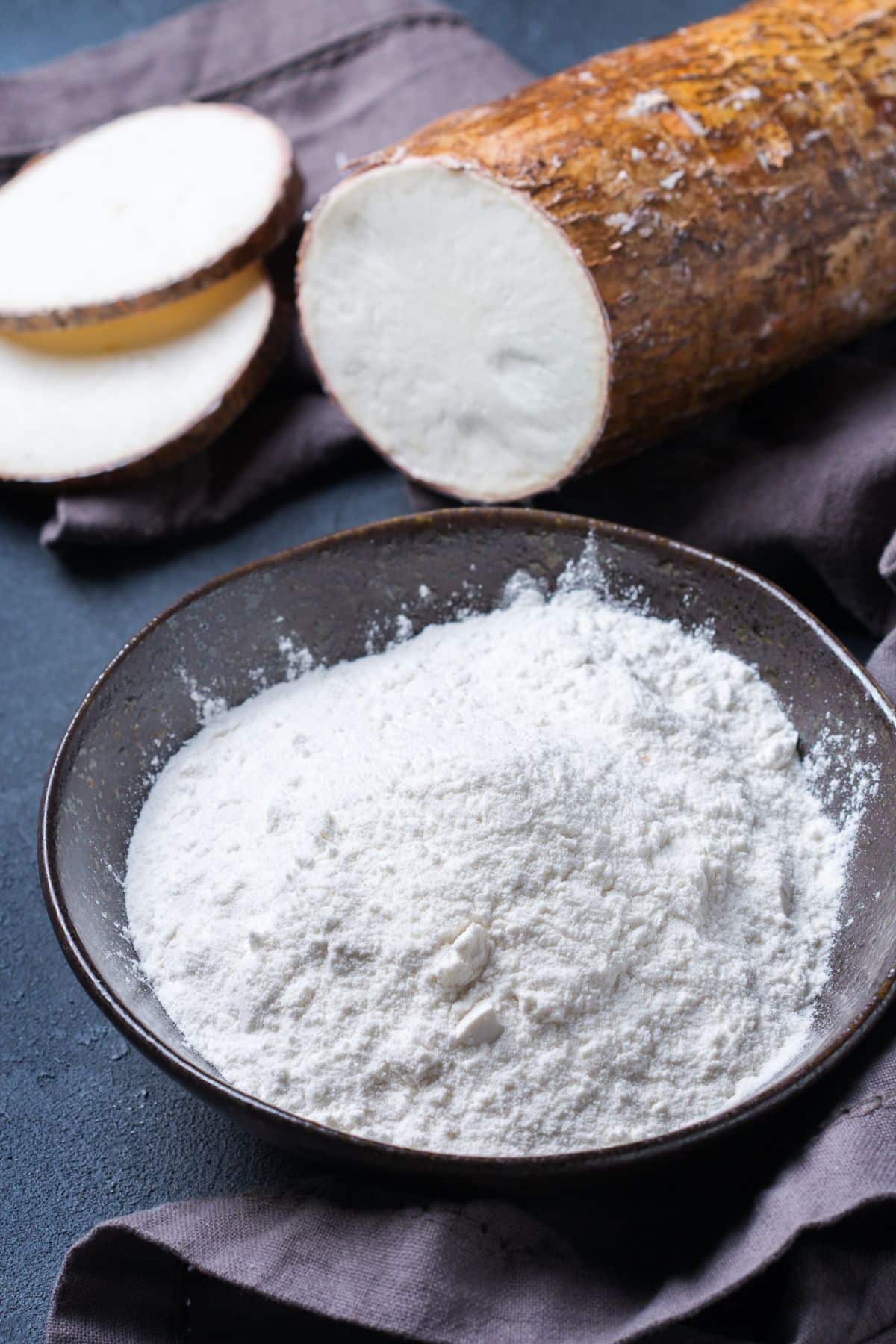
Cassava flour is a white, powdery flour made from the root of the cassava plant. It is often used in gluten-free baking and cooking, as it contains no gluten.
Cassava flour is also high in fiber, making it a good choice for those on a grain-free or healthy diet. In addition, cassava flour is a good source of vitamins and minerals. See my recipe for Cassava Flour Pizza Dough!
While cassava flour is not as widely available as other types of flour, it can be found in most health food stores. When using cassava flour as a coconut flour alternative, you may need to adjust the amount of liquid that you use in your recipe.
To substitute one cup of coconut flour, use two cups of cassava flour.
3. Gluten-free baking flour

Gluten-free baking flour is made from a variety of gluten-free grains and starches and has its own unique properties that can impact the taste, texture, and nutritional content of a dish.
It can be used to make a variety of baked goods, including breads, cakes, cookies, and pies.
My favorite brand of gluten-free flour that always turns out with consistent good results is Bob’s Red Mill 1-to-1 Gluten-Free Baking Flour. And, if you aren’t on a gluten-free diet, you can also substitute all purpose flour for coconut flour in the same ratio as below.
To substitute one cup of coconut flour, use two cups of gluten-free baking flour. You may need to adjust the liquid ingredients in your recipe.
4. Tapioca flour
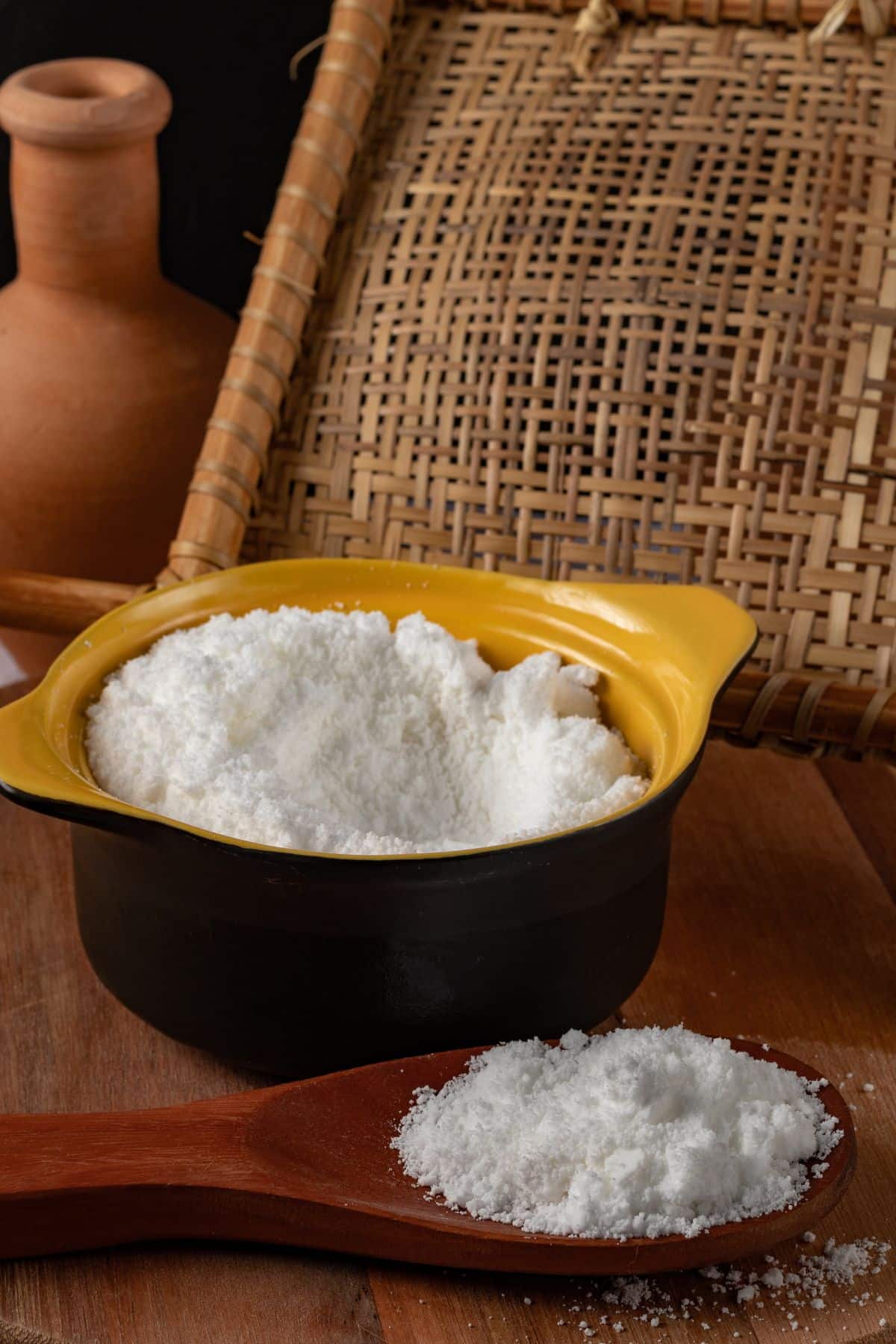
Tapioca flour is a type of flour made from the cassava plant. It is higher in starch than cassava flour, even though they come from the same small root.
Tapioca has a high moisture content. It’s also gluten-free and has a neutral flavor, making it perfect for baking. It can be used in a variety of recipes, including breads, pancakes, and cookies.
This specific flour is also a good thickener for soups and sauces. When shopping for tapioca flour, look for one that is finely ground and white in color.
To substitute one cup of coconut flour, use one cup of tapioca flour.
5. Rice flour
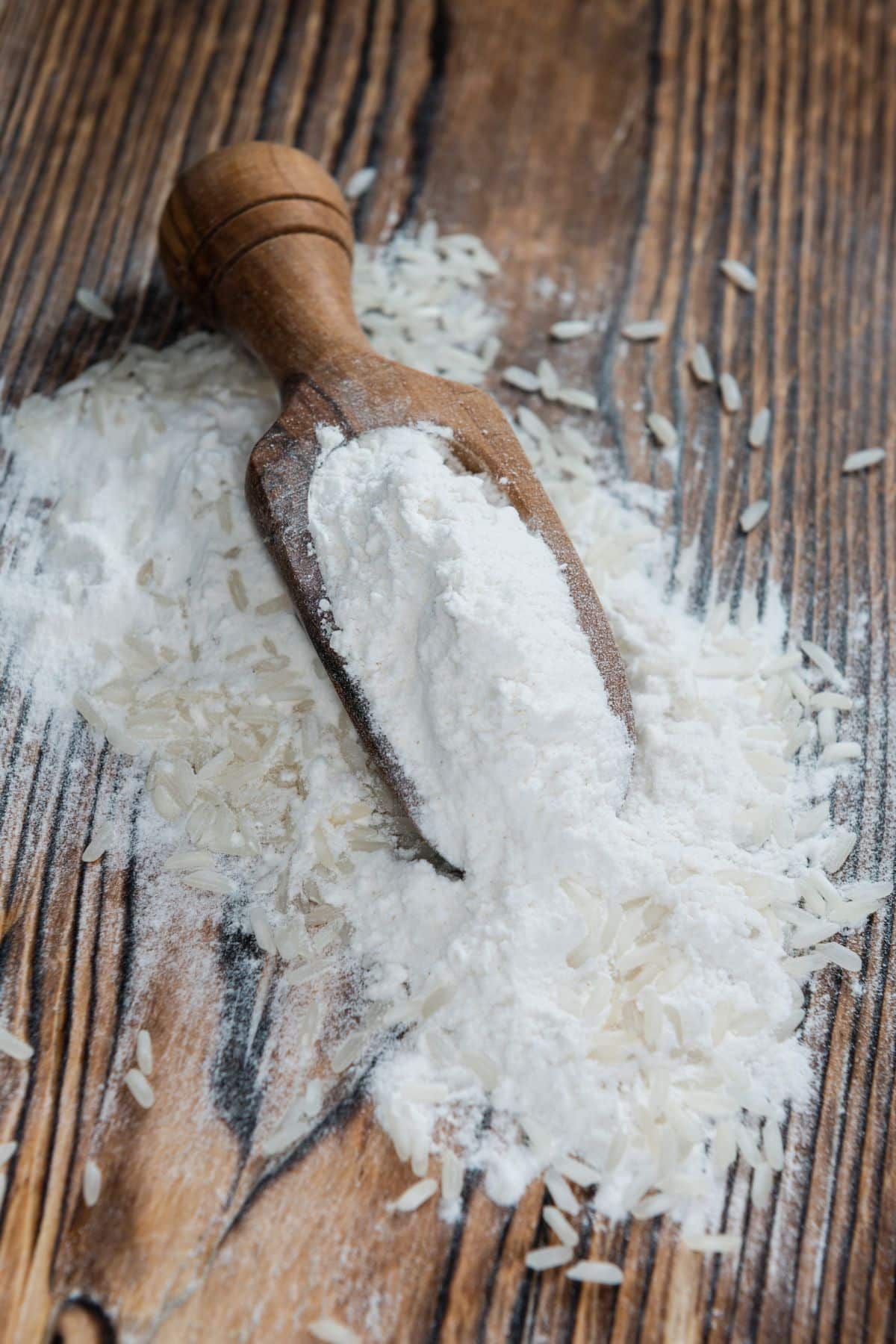
Rice flour is a type of flour made from finely milled rice. It’s a popular ingredient in many Asian dishes, and it can also be used to make gluten-free baked goods. See my recipe for Rice Flour Pancakes.
Rice flour is generally easy to find in most grocery stores, and it’s relatively inexpensive. You can use white rice flour or brown rice flour.
To substitute one cup of coconut flour, use three cups of rice flour.
6. Ground flax seeds (flax meal)
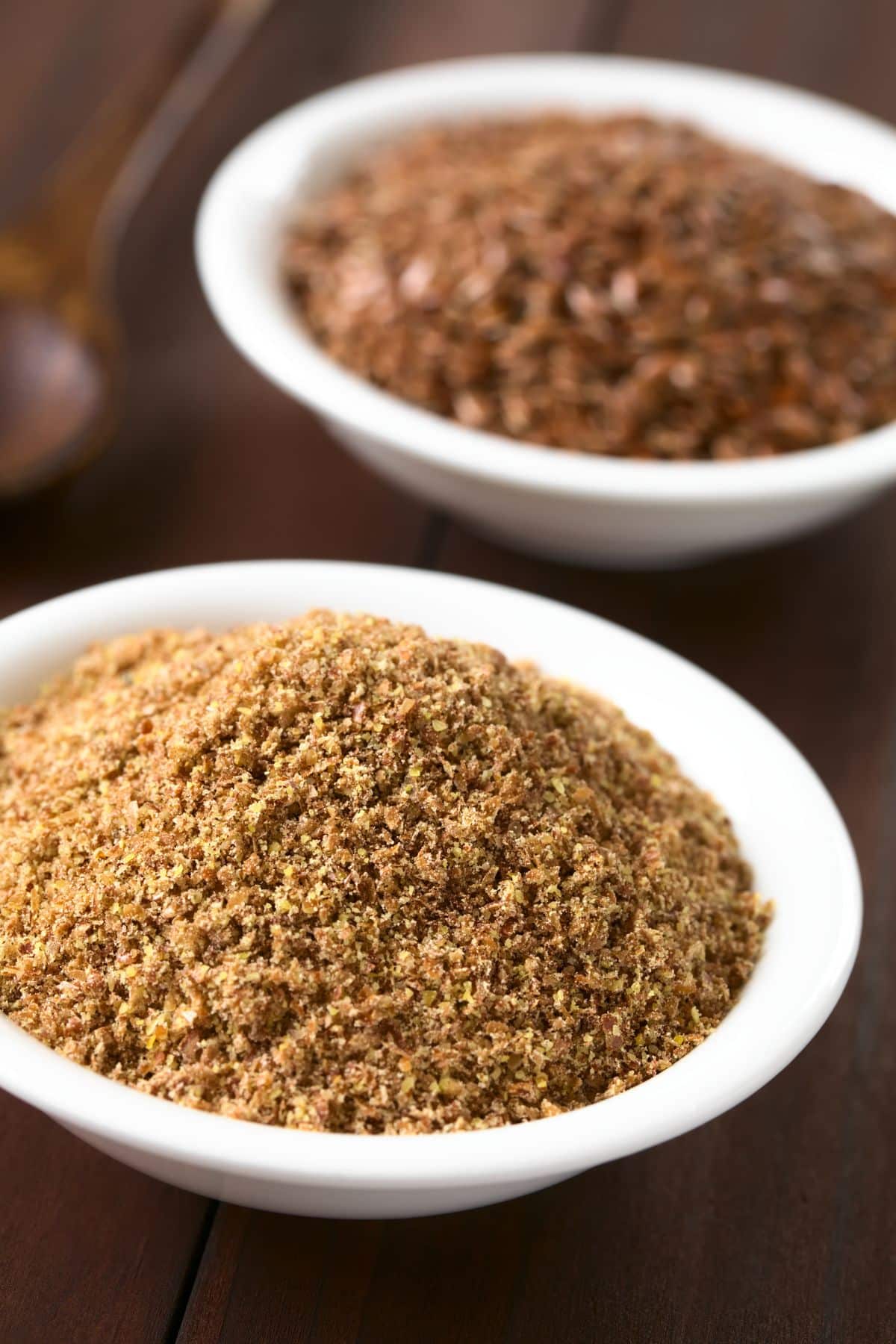
Flaxseed is a superfood that has many impressive health benefits. Though small, flaxseeds pack a powerful punch when it comes to nutrition. They are an excellent source of fiber and omega-3 fatty acids.
One of the best ways to reap the benefits of flaxseeds is to add ground flaxseed (also known as flax meal) to your diet. Ground flaxseed can be easily added to smoothies, yogurt, oatmeal, and baked goods. It can also be used as a substitute for breadcrumbs in recipes.
Whatever way you choose to eat it, incorporating ground flaxseed into your diet is a delicious and easy way to boost your health. And, of course, it is a good substitute for coconut flour.
To substitute one cup of coconut flour, use two cups of ground flax seeds.
7. Arrowroot powder
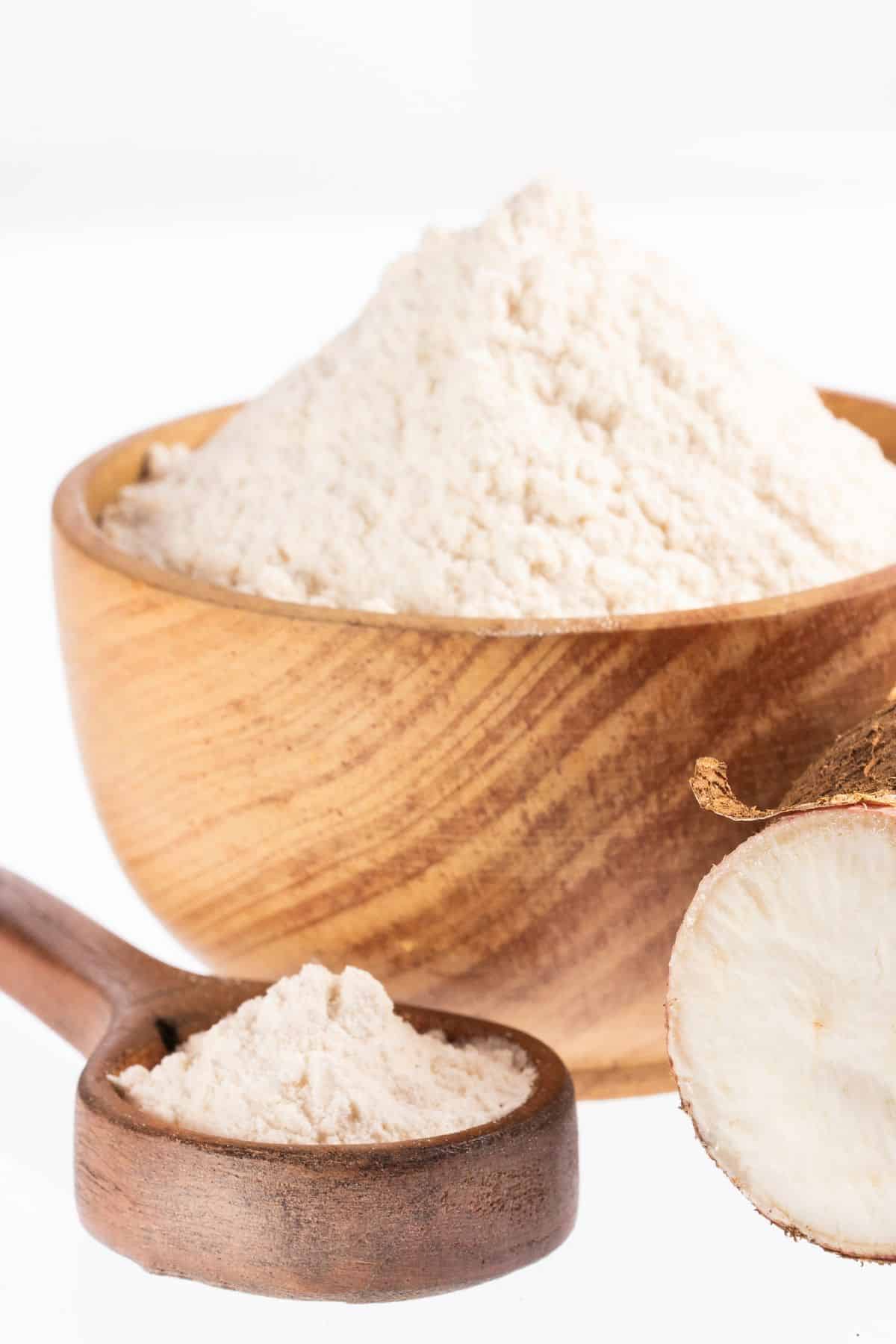
Arrowroot powder is a natural thickening agent that is derived from the root of the arrowroot plant. It is often used in cooking as a replacement for cornstarch or flour, and can also be used to thicken sauces, soups, and pudding.
In addition, arrowroot powder has numerous health benefits. Arrowroot powder is also a gluten-free alternative to wheat flour, making it a good choice for those with celiac disease or gluten intolerance.
To substitute one cup of coconut flour, use two cups of arrowroot powder.
Summary of Coconut Flour Alternatives
Here’s a chart summarizing various substitutes for coconut flour based on the detailed article, including the pros and cons.
| Substitute | Pros | Cons |
|---|---|---|
| Almond Flour | High in protein and fiber, versatile in recipes. | More expensive, requires more volume for substitution. |
| Cassava Flour | High in fiber, good for gluten-free diets. | Not as widely available, needs more for similar results. |
| Gluten-Free Baking Flour | Versatile for various baked goods, gluten-free. | Unique properties may affect taste and texture. |
| Tapioca Flour | High moisture content, neutral flavor, good thickener. | High in starch, differs in texture from coconut flour. |
| Rice Flour | Widely available, inexpensive, gluten-free. | Requires more volume for similar results. |
| Ground Flax Seeds | High in fiber and omega-3 fatty acids. | Requires more volume, has a distinct flavor and texture. |
| Arrowroot Powder | Natural thickening agent, gluten-free. | Requires a significant increase in volume for substitution. |
Tips for Using Coconut Flour
There are a few things to keep in mind when baking with coconut flour. First, it is important to use a recipe that is designed for coconut flour. The is because coconut flour can be a bit finicky to bake with.
Second, because coconut flour is high in fiber, it is important to add extra liquid to the recipe. Otherwise, the baked goods will be dry and crumbly.
With these tips in mind, baking with coconut flour can be a delicious and healthy way to enjoy your favorite recipes.
You might also like this article with the Best Substitutes for Coconut Sugar.
More Articles About Substituting Ingredients
Conclusions
There are many substitutes for coconut flour that can be used in baking and each of these substitutes has its own unique benefits and drawbacks. Every baker will have their own preference for what type of flour to use in their recipes, so it’s important to experiment until you find the perfect one for you.
I hope this article on the best coconut flour substitutes was helpful! You may have to experiment with your recipes though, as substituting for coconut flour can be a bit tricky.
Don’t forget to join my newsletter list to get exclusive clean eating recipes and tips. The newsletter is 100% free with no spam; unsubscribe anytime.
About the Author: Carrie Forrest has a master’s degree in public health with a specialty in nutrition and is a certified holistic nutritionist. She is a top wellness and food blogger with over 5 million annual visitors to her site. Carrie has an incredible story of recovery from chronic illness and is passionate about helping other women transform their health. Send her a message through her contact form.


